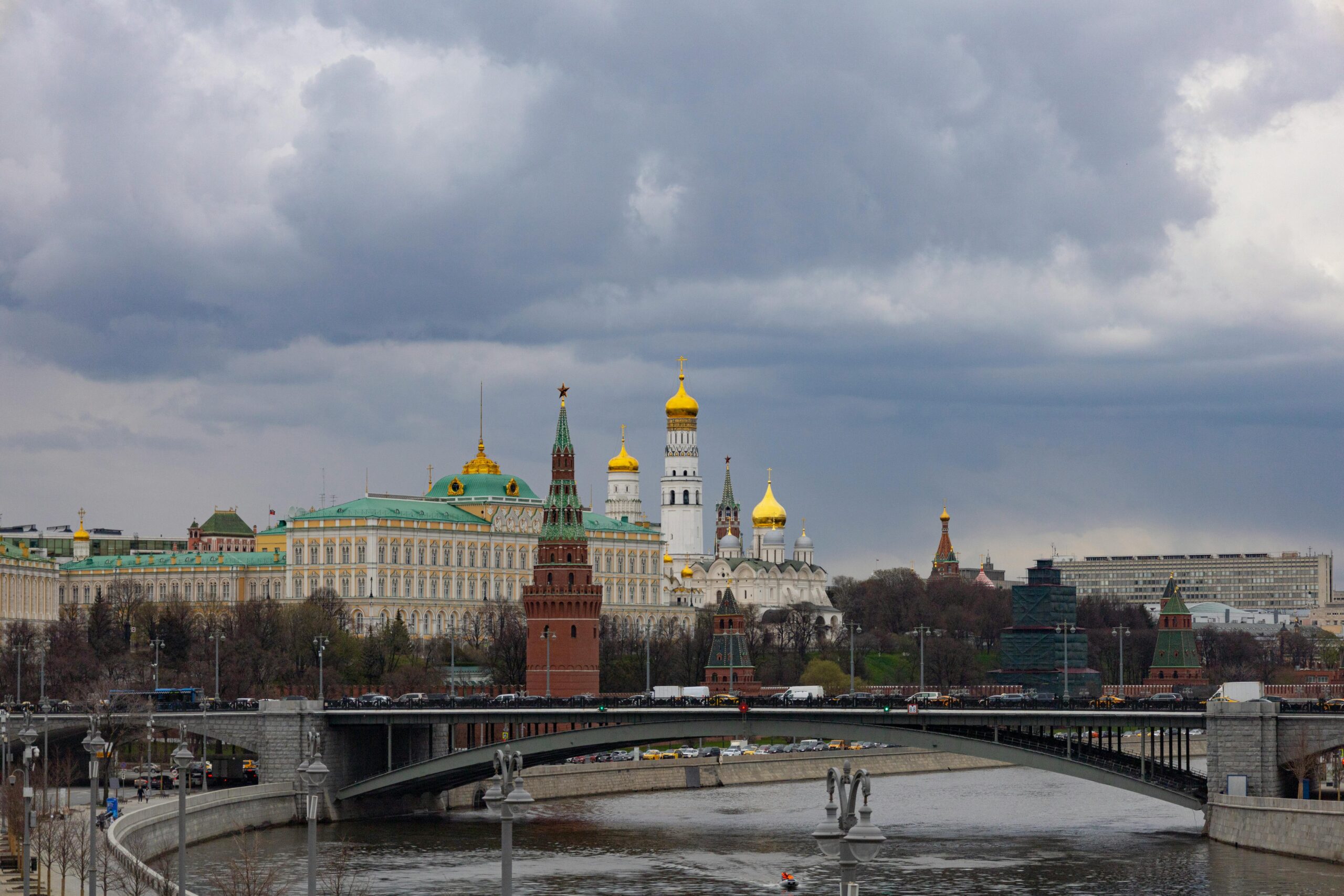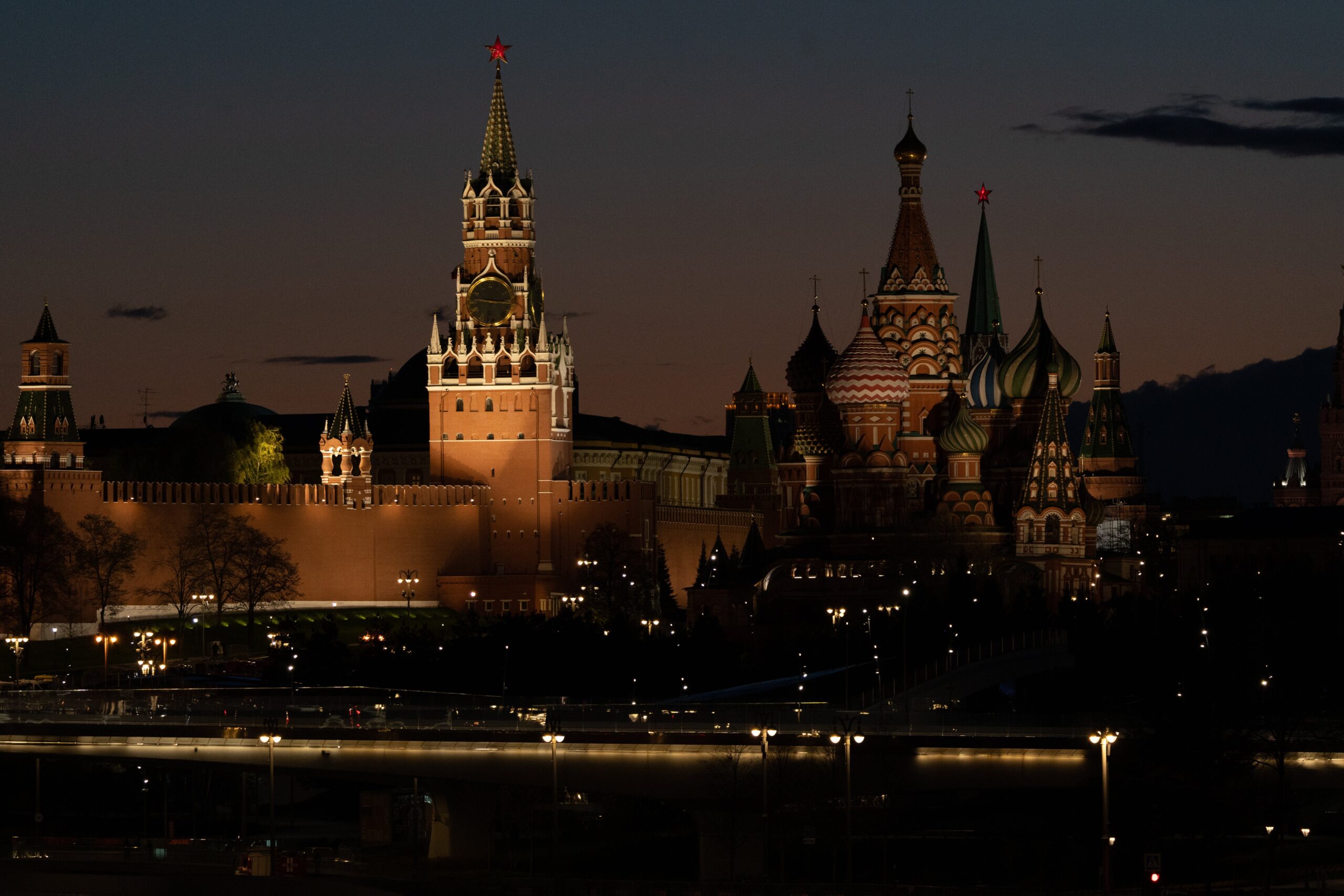Report
Estonia Weekly: Treason Conviction in Estonia Cast as “Russophobia” by Pro-Kremlin Voices
Pro-Kremlin online commentators spread messages about “political repression,” “Russophobia,” and a liberal culture war in Estonia allegedly aimed at silencing dissent and undermining traditional values.
Weekly Reports
Latvia Weekly: School reforms and corruption
During the examined week, the content primarily surrounded domestic issues relating to school reforms, an investigative report on one of the opposition parties, and high living expenses. A common theme throughout the content examined is that all of the issues are directly linked to corruption and leading political parties potentially to create lower trust in government. Additionally, the content discussed often mentions how specific policies negatively affect children. Most notably, the disinformation actors from the opposition party “Latvia in the first place” were recently exposed for their intentional content creation, including disinformation narratives. From this week’s findings, the disinformation actors that belong to the opposition party and their primary channels on social media are receiving significantly less engagement (the posts now reach less than fifty likes compared to the usual few hundred). Additionally, the content published now is milder in the disinformation narratives and trying to portray them more covertly or does not include them at all.
Read moreEstonia Weekly: Ukraine and Soviet-era policies
This week, there were many posts which were connected to the Estonian Independence Day, many of which involved people claiming that they hoped that the repression and demonisation of the Russian civilians would end. There was also a claim that an Estonian attacked a person for being a Russian speaker. The Russian embassy to Estonia had many posts concerning the Euromaidan protests in Kyiv 10 years ago. It stated that this is when Ukraine fell into Nazism, and the involvement of the West is what caused the war along with Ukraine’s bombing of Donbas for several years. Social and political issues, such as price increases and the budget, were also mentioned in posts, and one poster claimed that the price increases in Estonia today are similar to those seen during the Soviet Union.
Read moreLithuania Weekly: Putin’s interview
Kremlin-aligned media outlets were covering highly scattered topics during this reporting week. Among them, they widely discussed US journalist Tucker Carlson’s interview with Russian President Vladimir Putin. The authors claimed that the conversation touched on important topics such as the threat of war with NATO, the situation in Ukraine, and a possible global nuclear conflict.
Read moreLatvia Weekly: Living standards and train controversies
In the examined week, there was considerably lower production of content disseminating disinformation potentially due to a series produced by investigative journalists uncovering how much content is produced by a leading opposition party “Latvija pirmajā vietā” (Latvia in the first place). The common narrative in this week’s findings was corruption and the low level of living standards in Latvia. Most notably, as in prior weeks, the content has touched upon the controversy regarding the trains. In regard to the form of the content, video format creates the most engagement and significantly more engagement is reached on TikTok and Facebook in comparison to other platforms.
Read moreEstonia Weekly: Navalny and Public Transport
This week, the focus remained on Kai Kallas and the signatures that had been collected that called for her resignation. According to the articles and a survey of 30,000 Estonian citizens conducted by the Centrist Party, two-thirds of the Estonian public supported the resignation of Kai Kallas. There was also a focus on the death of Navalny, with an article claiming that his associates have no way to prove that he died in custody. Other articles focused on the Estonian economy and the massive government spending, as well as claims that a government department wants to remove free public transport for school children and pensioners. Finally, there were articles mentioning the government refusing to give out delays on switching school language of study to Estonian in areas where the teachers still need to be at the C1 level. The articles claim that the Estonian government is more worried about the language switch than the quality of education the students receive.
Read moreLithuania Weekly: alleged embezzling of millions of euros
During this reporting week, Lithuania focused on one of the most significant financial crimes in recent history: the detainment of former BaltCap equity fund manager Šarūnas Stepukonis, suspected of misappropriating €27 million. In response to the scandal, BaltCap is withdrawing from several high-profile commitments. Notably, the investment fund has handed over the construction of the national stadium to another developer, causing delays and majorly increased costs. Pro-Kremlin outlets covered the Šarūnas Stepukonis case extensively, claiming he was not working alone and naming specific officials who “stood behind all of that”. Kremlin-aligned media outlets again used this domestic scandal to promote an anti-government narrative, accusing the current government of having direct ties with Stepukonis and jointly benefitting from the embezzlement.
Read moreLatvia Weekly: Good Orban and Bad EU
During the examined week, the content primarily surrounded topics relating to China inspired by the visit of a political party from the opposition and corruption. As examined in the prior weeks, there is rarely a focus on international affairs. Nevertheless, during the examined week, a credible Latvian news portal posted an article on the preliminary measures issued by the International Court of Justice in South Africa v Israel. The article was highly discussed on the X platform as it let out significant information from the ruling to portray to be more favourable to Israel. It even included statements made by Israeli officials as well as highlighted the wrongdoings of Hamas but not of Israel.
Read moreEstonia Weekly: Tucker Carlson, Biden and Putin
This week there were many more posts about the Estonian economy and the government being the one causing it because of the way they spend. This week the poverty was blamed on the many officials in the Estonian government. There were several posts about Tucker Carlson’s interview with Putin, one in which the poster wondered how an interview with President Biden would have gone, claiming that he would not even be able to understand the questions, much less answer them. There was also a post listing the countries that owe their existence to Russia, which did not follow historical fact, and the poster stated that half of the world owes their existence to Russia and if the Russian government had ideas that were more similar to the west that many countries would join a Russian society of nations.
Read moreLithuania Weekly: Farmers’ protest takes over in Vilnius
Lithuanian Radio and Television worked with other supporters of Ukraine to launch a second iteration of last year’s successful pro-Ukrainian RADAROM! simultaneously, posts by Kremlin-aligned actors criticising this campaign emerged online, actively diminishing support for Ukraine. Moreover, during this reporting period, a large protest by farmers occurred in the Vilnius city centre. They brought their demands to Vilnius, lining the city’s main boulevard with around 1,300 pieces of heavy agricultural machinery. Kremlin-aligned media emphasised the ignorance and incompetence of the ruling officials. Once again, a large-scale event in Lithuania has become fertile soil for Kremlin-aligned actors to spread anti-government narratives.
Read moreShowing 262 to 270 of 332 results
Don’t miss a story.
We publish stories that change laws, lives, minds and the world. Subscribe to our newsletter to get our investigations delivered to your inbox.








